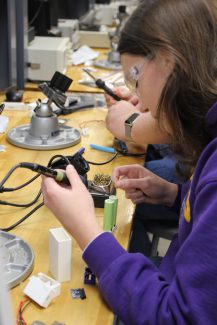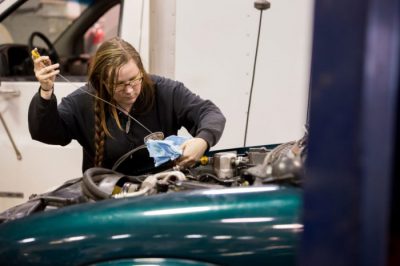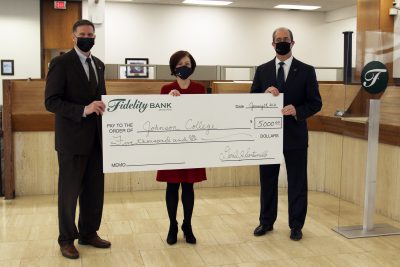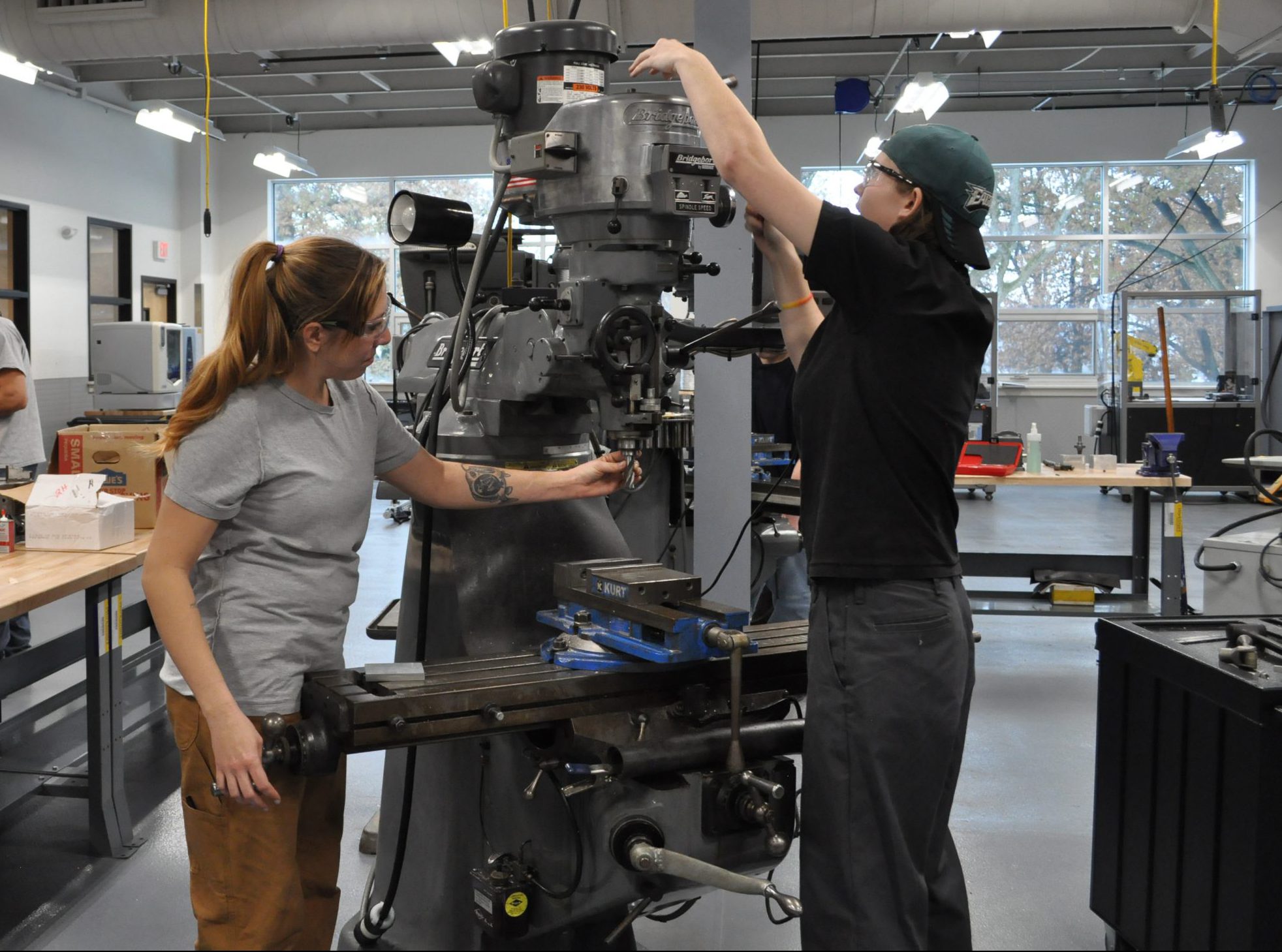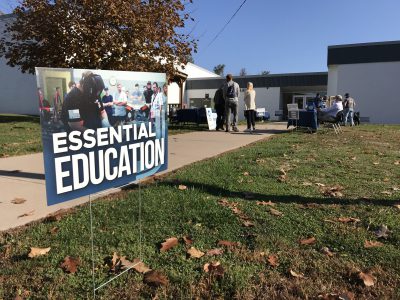Johnson College will welcome more students back to campus for in-person classes and labs for the 2021-22 academic year starting with its summer session on June 28, 2021. Through its enhanced course offerings, the College is committed to delivering its mission of providing students with real-world, hands-on learning in a caring and safe environment.
Students will be able to choose either in-person or virtual classes for their general education and program theory courses, which have only been offered virtually since March 2020. Labs and lab-related coursework will continue to be delivered in-person, on the Johnson College campus, or at one of our industry partner lab locations. CDC guidelines will be adhered to at all locations.
Throughout the 2021-2022 academic year, Johnson College will continue to divide campus by zones to ensure contact tracing. Masks will be provided and social distancing guidelines enforced. The Facilities Department is following all CDC cleaning guidelines for the campus. The student Café will not operate as normal. Students will be allowed to bring their food and use the dining area. Tables and chairs will be set up within social distancing guidelines. “Grab and go” items will be available to students as well. Congregating and events will be limited. Housing will not be available for the foreseeable future. Students who need housing should contact the Office of Student Engagement for other options.
This plan is subject to change pending guidelines set forth by local, state, and national government officials and appropriate health agencies.
“As we move forward from this past academic year, the Johnson College community is thrilled to be able to welcome our students, some for the first time, back on campus, with even more flexible options for their education,” said Dr. Katie Pittelli, President & CEO, Johnson College.


